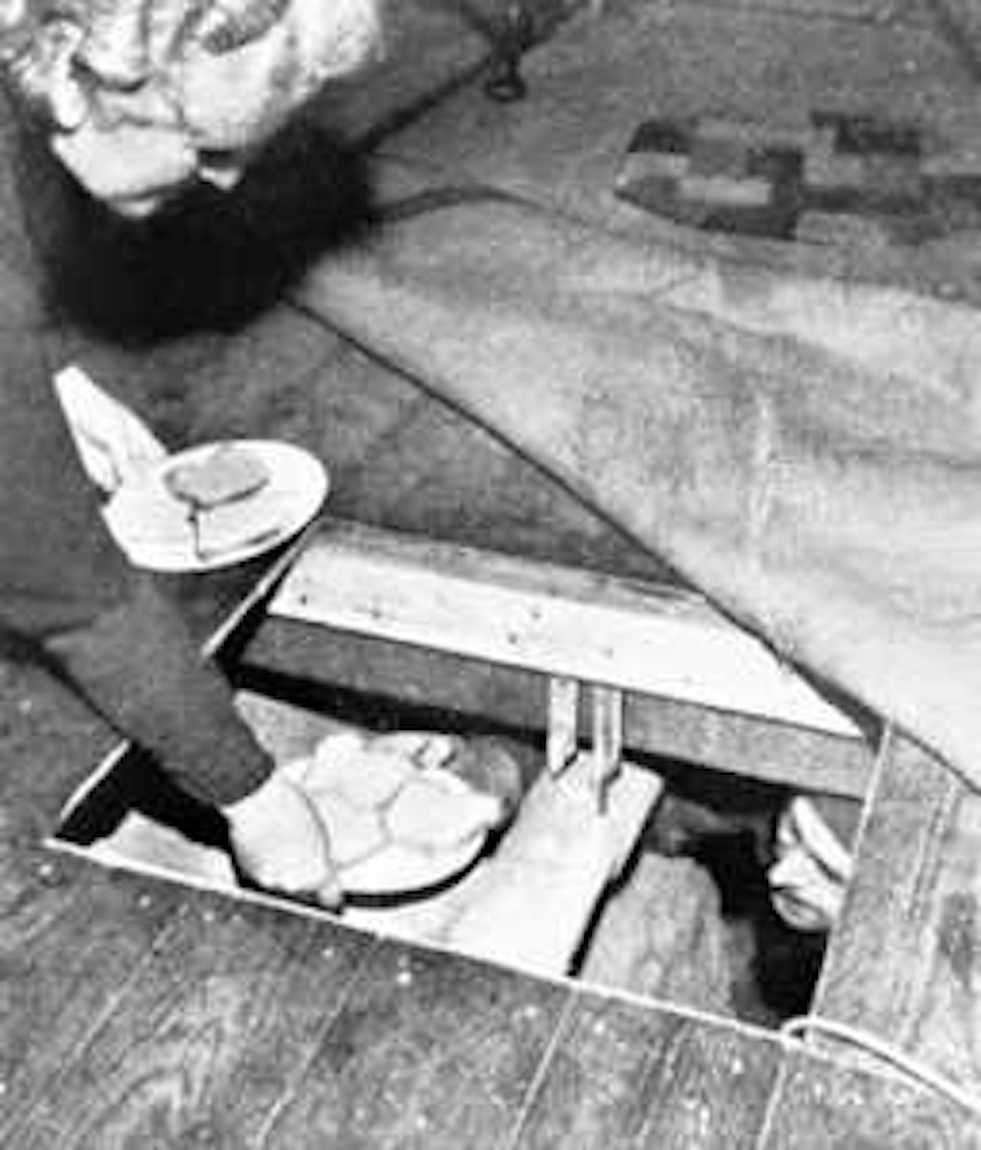Being and Belonging: Jewish-Gentile Relations in the Occupied Netherlands Through the Lens of a Microscope

November 9, 2017 at 4:00 PM Pacific Time
A public lecture by Geraldien von Frijtag (Associate Professor at the Department of Political History, Utrecht University, The Netherlands)
2017-2018 Center Research Fellow
Organized by the USC Shoah Foundation Center for Advanced Genocide Research
In this lecture, Professor Geraldien von Frijtag Drabbe Künzel will explore Jewish-gentile relations in the Netherlands in the years just before, during and just after the Holocaust. It is a commonly held view among both Dutch scholars and the general Dutch public at large, that these relations had been good in their country, a believed epitome of tolerance and a safe haven for Jews for centuries. Yet during the five years of Nazi-occupation, an estimated 101,800 Jews were murdered in the Netherlands, i.e. 73% of the pre-war Jewish community. Compared to the victim-percentages in surrounding Western European countries, like Belgium (40%), France (25%) and Luxemburg (20%), this percentage is extraordinarily high. How do we reconcile these two apparently incompatible findings?
Professor von Frijtag Drabbe Künzel will argue for a re-examination of the so-called myth of Dutch tolerance and advocate for in-depth and small-scale research into individual trajectories of Jews and their ’emotional communities’. Who did Jews consider to be their peers and friends and how were these feelings of individual and group identity affected by the rise of Nazism, first abroad and then in their home country? Did friendships between Jews and gentiles cool down once the external pressure increased, or, on the contrary, did they become stronger and even grew into bonds of assistance and resistance? How were emotional ties translated in actual help? Did emotional communities revive after the killings and if so, how? Professor von Frijtag will discuss what the testimonies from the USC Shoah Foundation Visual History Archive reveal about these questions.
Dr. Geraldien von Frijtag Drabbe Künzel is Associate Professor at the Department of Political History, Utrecht University (The Netherlands). She has been a research fellow at the NIOD Institute for War, Holocaust, and Genocide Studies (Amsterdam) and a research fellow of the International Institute for Holocaust Research Yad Vashem (Jerusalem). Professor von Frijtag Drabbe Künzel writes and lectures on contemporary European history, with a particular emphasis on the Holocaust, Nazi-occupied Europe, political violence, conflict and war in twentieth century Europe. She has published in several languages. Her latest book Hitler’s Brudervolk, published by Routledge in 2015 (and by Bert Bakker/Prometheus in Dutch in 2016), examines the Dutch participation in the Germanization project of the occupied East and the engagement of Dutch ‘pioneers’ in the Holocaust by bullets. Her current research about Jewish-gentile emotional communities in urban regions in occupied Europe seeks to bridge Western and Eastern European Holocaust-scholarship and to present a new approach regarding the relations of Jews and gentiles across Europe from the early 1930s until the late 1950s. To this end she coordinated this summer the Workshop ‘Microcosms of the Holocaust: Emotional Communities in the Modern Metropoles of Nazi-Occupied Europe’ that was funded by the United States Holocaust Memorial Museum, Washington, and is part of the USHMM’s Jack, Joseph and Morton Mandel Center for Advanced Holocaust Studies 2016 Summer Research Workshop program.